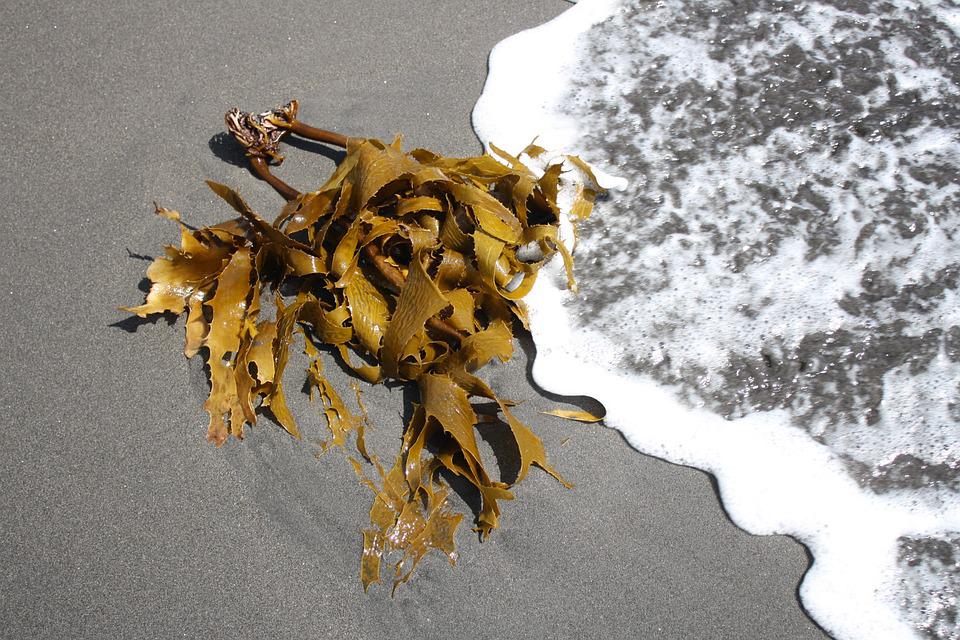How to Support Local Businesses This Festive ...
There’s something magical about the festive season. Always has been, always will!
The Overstrand Municipality often receives requests from the community for the removal of kelp (or seaweed) from its beaches. More so for beaches in Sandbaai, Onrus (Haarderbaai), Vermont’s Brêkfis Bay and Jock’s Bay in Betty’s Bay.
Once washed out onto the shore, many people consider kelp to be unsightly ocean refuse that is smelly, slimy and rotting plant matter that attracts swarms of flies.
However, whether we like it or not, kelp plays an important role in our coastal ecosystem. The decision to remove it from our beaches to provide beach-goers with a pristine beach setting is a really difficult one. While the municipality does remove kelp from certain swimming beaches across the Overstrand, they do try and limit the beach areas where kelp is removed so as not to cause long-term negative effects.

The ‘Swimming Beach Cleaning Policy’ states:
• Kelp can only be removed by those who have a permit issued by the Department of Forestry, Fisheries and the Environment (DFFE)
• Kelp can only be removed from areas demarcated as specific kelp cleaning areas
• Kelp can only be placed at deposit sites in front of the fore-dune
• Kelp plays a major role in keeping sand on beaches. It does this by trapping wind-blown sand, and protecting beaches from wind and wave erosion, especially during storm surges. The result is stable, wider beaches with the deeper beach sand enjoyed by beachgoers
• Kelp affects the formation of dunes and the variety of plants that grow on them as well as influencing the types and numbers of bird species on the beach
• Kelp helps create the perfect symbiosis on beaches and without it, many other species will vanish. When you remove one part of the chain, it will have a profound effect on many other things
• Kelp forms a link between marine and terrestrial life because it attracts and shelters a range of micro and macro-organisms, which contribute to its decomposition. These tiny creatures attract bird species to our beaches, as well as provide prey to various other species.
While kelp grows in the sea, kelp forests provide a finely tuned environment for many sea creatures. The relationship starts between kelp and sea urchins, crabs and fish, which in turn attract otters, seals and sea birds.
All in all, by keeping kelp on our beaches, we assist in transferring the flow of energy from marine ecosystems onto the land, making food available to various species, which rely on it for their existence. In the long run, as custodians of our planet, we should remain considerate of its natural processes and always keep its reasoning in mind before we attempt to interfere too much.
Xplorio is a marketing company that has created a digital platform to help local communities in the Overberg accurately represent themselves online. The user-friendly Xplorio platform allows towns and businesses to create an online presence that is accurate and true to life. This representation help...
View ProfileThere’s something magical about the festive season. Always has been, always will!
Xplorio keeps you up-to-date with the latest events happening the Overberg! Find exciting things to do for the whole family.
By making the most of Xplorio’s special pages you save money and support local businesses in the Overberg!
When it comes to community initiatives that aim to achieve shared goals, visibility is everything!
Whale season on the Cape Whale Coast isn’t just magical - for communities living in the Overberg, it’s marketing gold.
Every day, awesome people who call the Overberg home, share their uplifting stories, business news, municipal announcements and stunning town-friendly photos.
